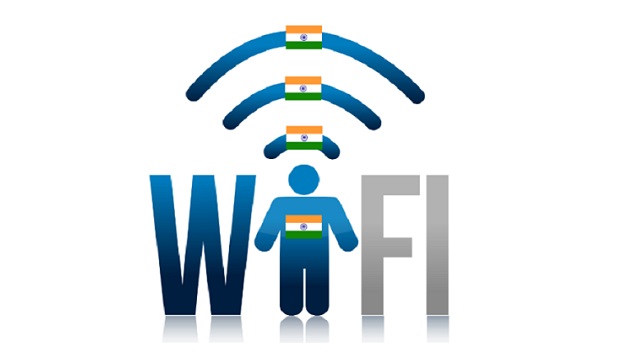Under the Modi 1.0 mission, there have been numerous developments witnessed. Coming forward to the Modi 2.0, the Telecom and IT Minister Ravi Shankar Prasad has initiated a policy to take broadband to the doorsteps in rural India, with assuring to proactively work for making India, an export hub for electronics products.
Prasad urged Indian IT companies and its apex software body Nasscom to participate in creation of ‘Digital Villages’ in the country, and supplement the government’s efforts in the digital literacy movement.
“One of the priority areas I am working on is to make broadband available at your doorstep. We want to involve entrepreneurs. Just like a mobile SIM card is available in ‘paan’ shops, can we do something similar for broadband,” Prasad said.
He explained that the availability of broadband and mobiles is an essential component of Digital India, which is feeding the digital appetite of the country. “Cable operators brought television to the doors of the people, the PCO and Common Service Centre (CSC) became big movements,” the minister said.
“So did Business Process Outsourcing (BPO). Can we come up with an architecture backed by entrepreneurship and a good policy where broadband is available for all?” he asked.
India will leverage its existing strength in electronics manufacturing and strong talent pool to position itself as an export hub for electronics products, Prasad said.
On the issue of electronics manufacturing, the minister said the ministry was working on plans to make India a big export hub for electronics products.
“We have the human resource and qualified personnel in this area,” Prasad said, adding that policy tweaks in this regard will be made soon.
The minister further said efforts should be made to see how 5G and new technologies like Artificial Intelligence can be leveraged under Digital India. The government is working on creating one lakh Digital Villages, he said, and urged Nasscom and the IT industry to participate in the programme.








